ZK-Proof Protocol, Polygon Nightfall, Launches on Testnet To Provide Low-Cost, Private Ethereum Transactions

Developed by Polygon in cooperation with EY, Nightfall combines zero-knowledge proofs with a ‘ZK-Optimistic Rollup’ to increase enterprise transaction privacy and reduce ERC-20 token transfer fees by up to 86%
Polygon, an Ethereum scaling platform onboarding millions to the Web3, today announces, in cooperation with global professional services organization EY, that the Polygon Nightfall ZK-Proof (ZKP) protocol will move to the Ropsten testnet on the Ethereum network. The move to testnet comes following internal testing.
Designed to address the privacy needs of enterprises and institutional investors, Polygon Nightfall delivers privacy to Ethereum tokens transactions with improved efficiency, developer ease-of-use, and — perhaps most pressingly — integration of rollup technologies to enable affordable transfers. It will be the most cost-efficient way of conducting transactions for enterprises. Critical use cases for the development are expected to include product traceability and data synchronization.
The rapid growth of decentralized finance (DeFi) services has caused network congestion and increased transaction costs on the Ethereum blockchain, known as gas. The new protocol, Polygon Nightfall, represents a significant improvement in transaction efficiency. Polygon and EY estimate Polygon Nightfall can reduce standard ERC20 token transfer gas fees by up to 86% while providing greater privacy. It also supports the transfer of ERC21 and ERC1155 tokens by implementing for fungible tokens, non-fungible tokens (NFTs) and multi-token standards.
Sandeep Nailwal, co-founder at Polygon, said: “Polygon Nightfall is the most cost-efficient way of conducting transactions for enterprises. The solution has an optimistic-rollup layer that enables other actors to check for errors in transactions or blocks proposed and submit fraud proofs. Utilizing ZK proof for privacy and optimistic-rollup for scalability, Polygon Nightfall allows for low-cost payment and transactions performed on the public Ethereum network.”
Paul Brody, EY Global Blockchain Leader, added: “We developed Nightfall because we believe that increased privacy is essential for enterprise users. It’s hugely rewarding for us to be working with the world’s largest layer 2 scaling solution to bring this to market and get on a path to widespread adoption.”
Using ZK-Optimistic Rollups, Polygon Nightfall can achieve a cost of approximately 9000 gas per transaction while also maintaining privacy. The cost improvements achieved with Nightfall 3 result from the greater efficiency of ZK-Optimistic roll-ups, which retain the layer 1 security incentives and utilise mathematical proficiency for running private transactions on the public Ethereum network.
The Polygon protocol and framework was designed to build and connect Ethereum compatible blockchain networks. Polygon’s scaling platform achieves this via a suite of scaling solutions, including Polygon PoS, Polygon SDK, Polygon Avail, Polygon Nightfall, Polygon Hermez, and Polygon Miden.
“Polygon addresses the full spectrum of scaling solutions for Ethereum. Polygon Nightfall is particularly interesting as it recognizes Polygon’s breadth of strategy and is aimed at specific user needs. Two standout areas include product traceability and data synchronization, which are expected to bring a wave of demand from enterprises over the next 12-18 months,” Nailwal added.
If you're an Ethereum Developer, you're already a Polygon developer! Leverage Polygon’s fast and secure txns for your Dapp, get started here.
Website | Twitter | Ecosystem Twitter | Developer Twitter | Studios Twitter | Telegram | Reddit | Discord | Instagram | Facebook | LinkedIn



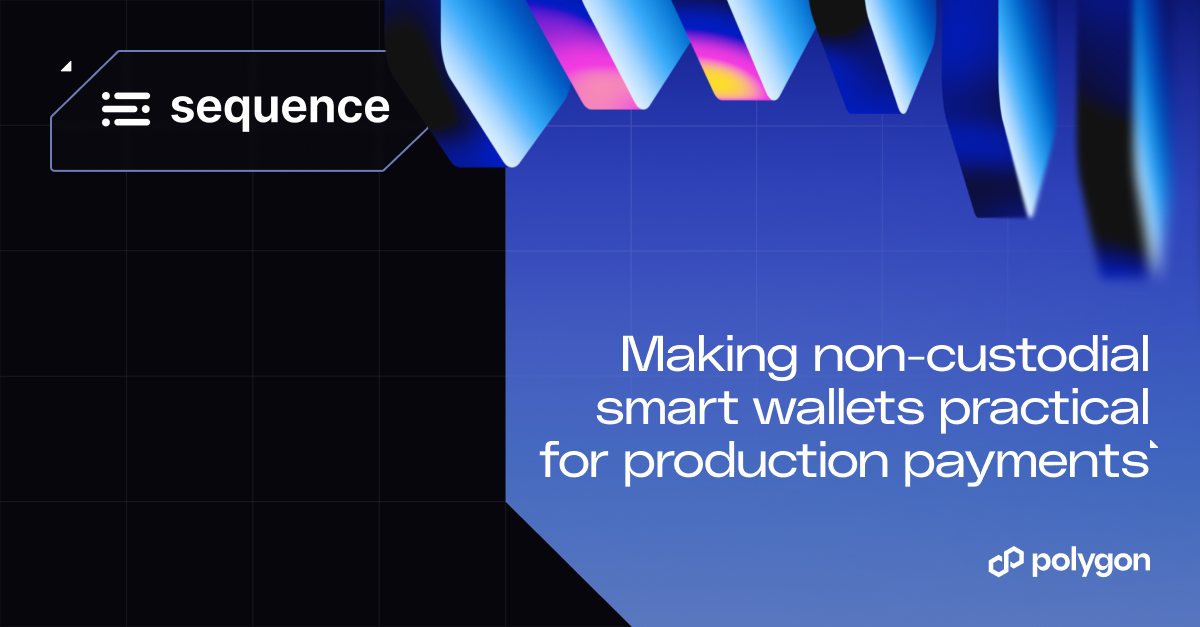


.jpg)
.jpg)
.png)

.png)

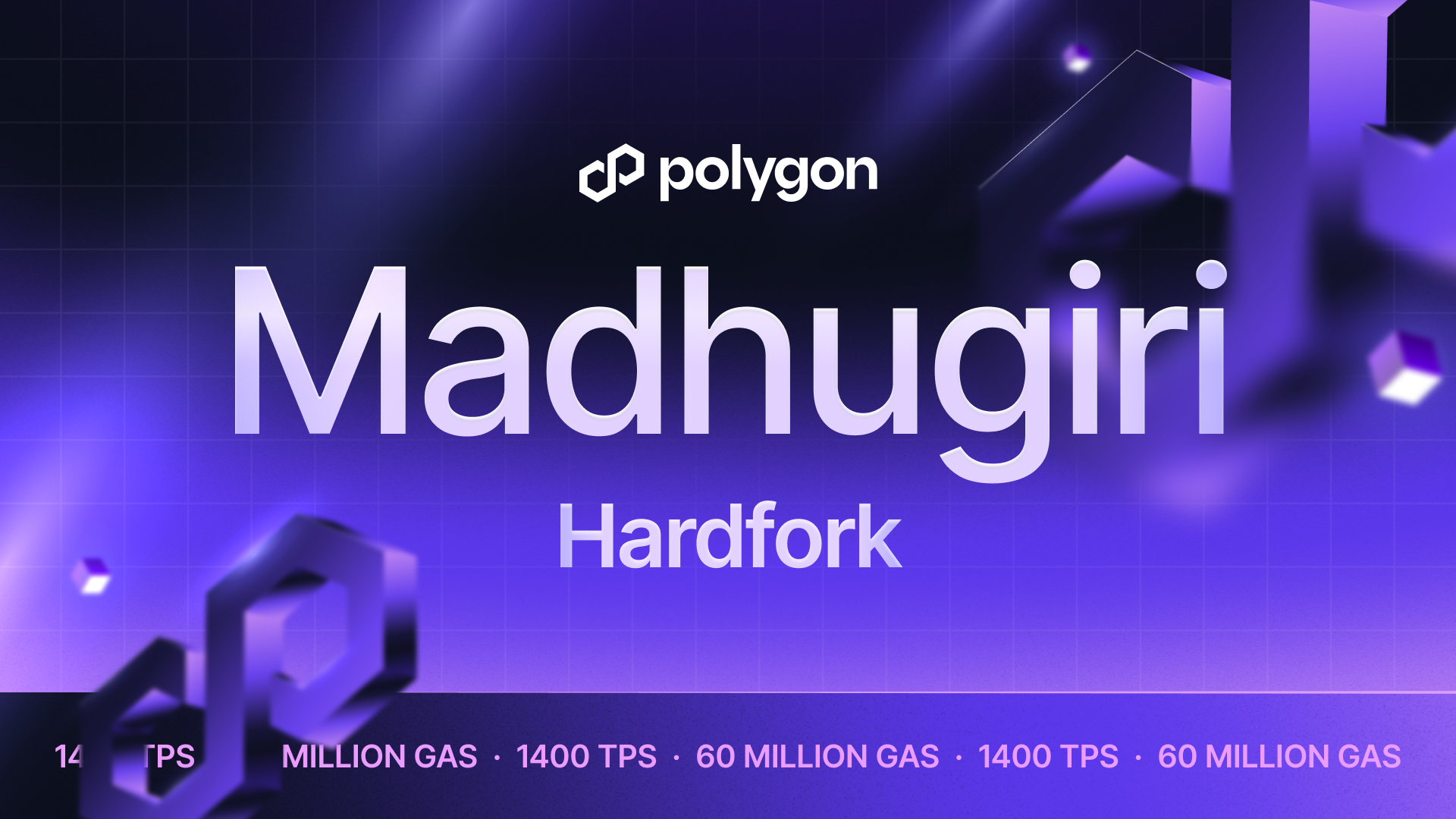
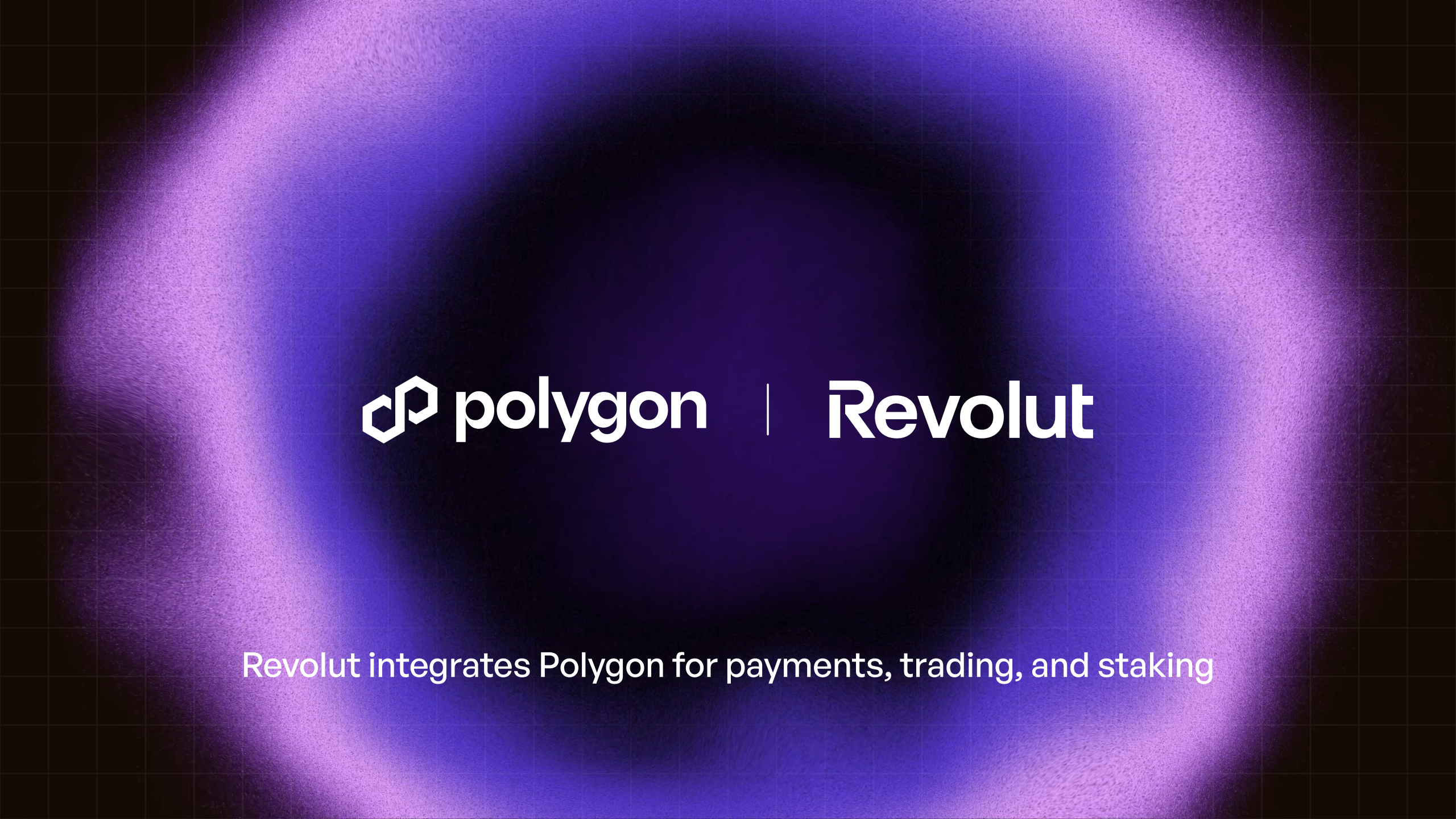
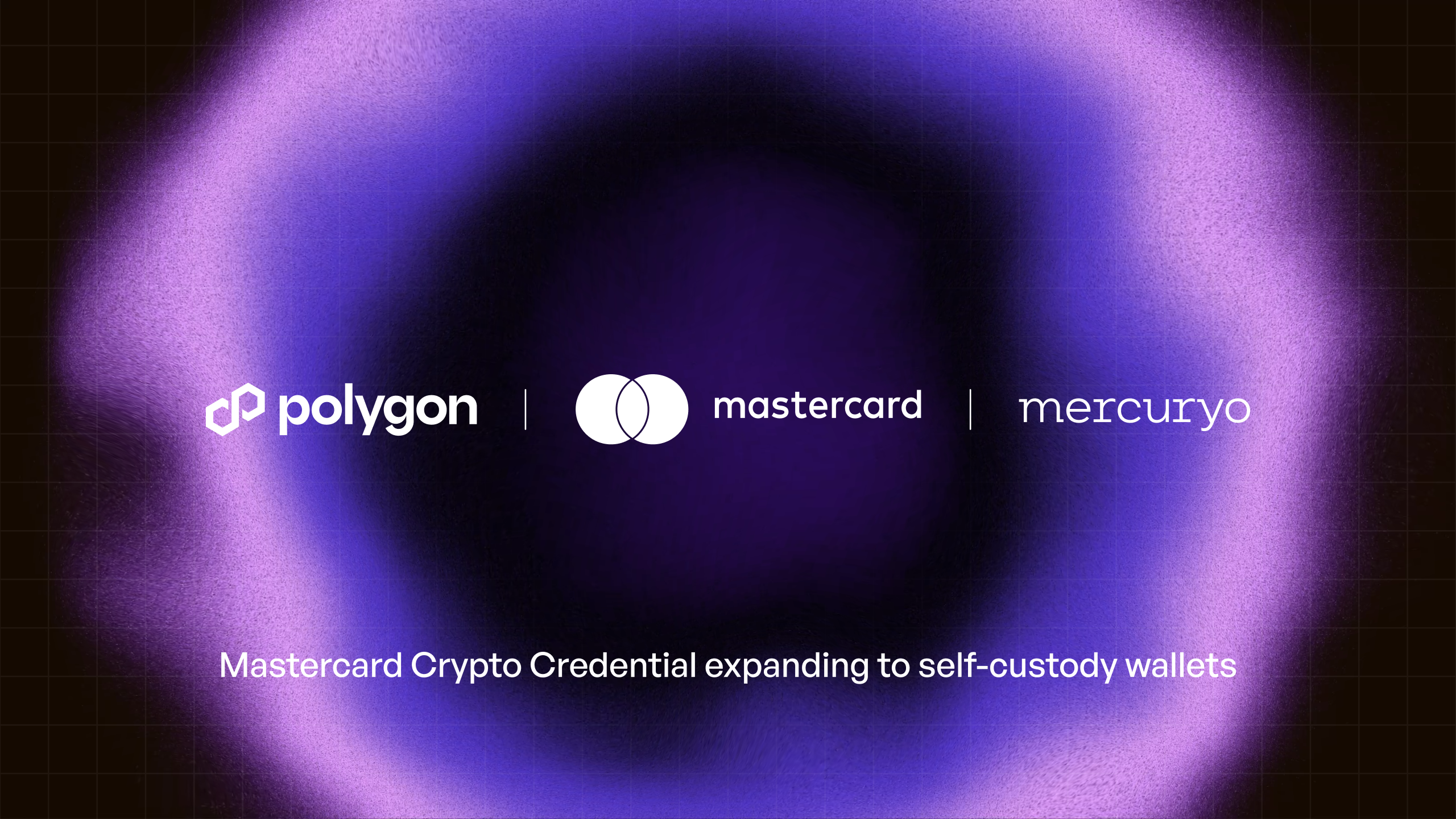
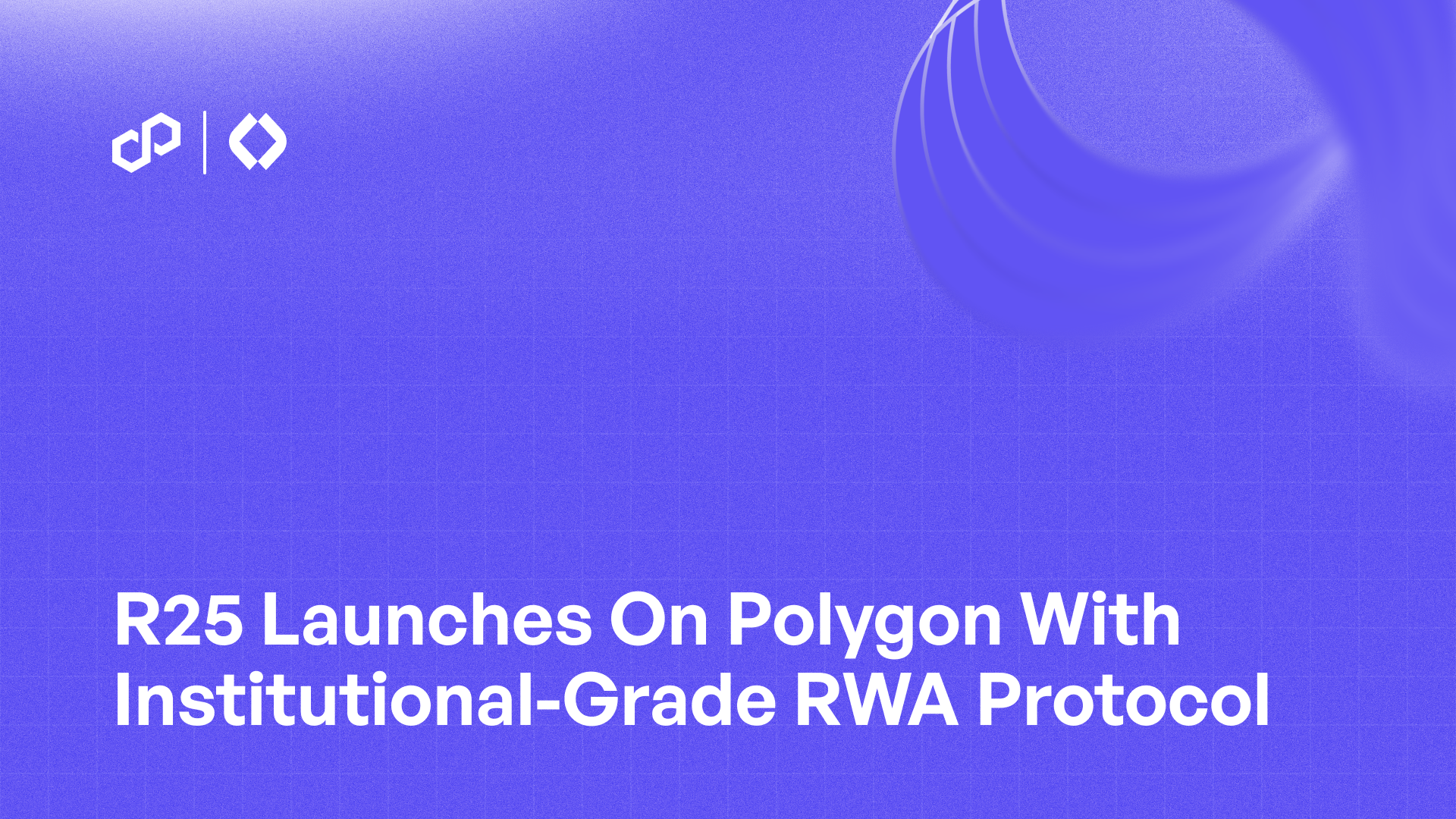
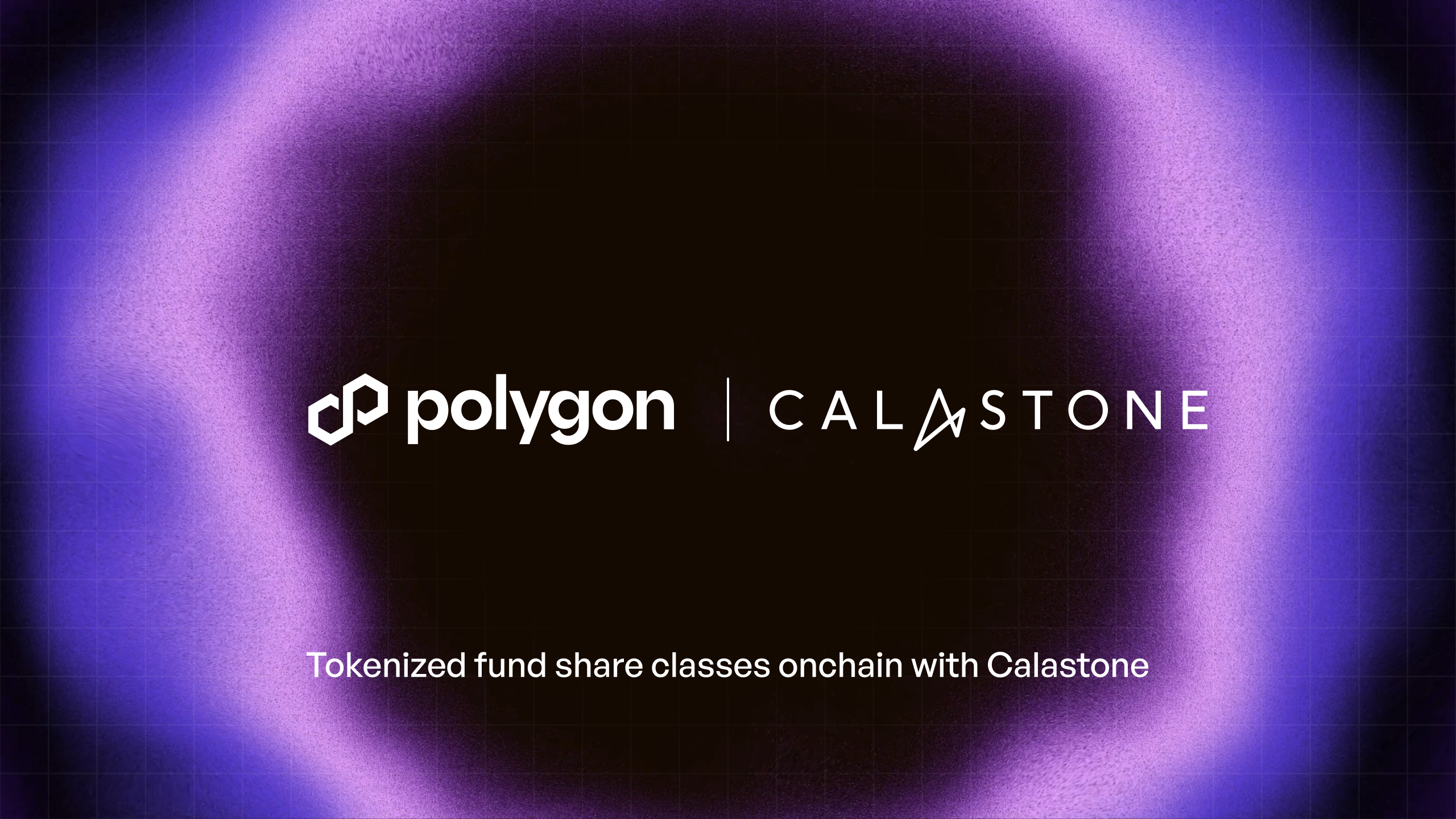
%20(1).png)